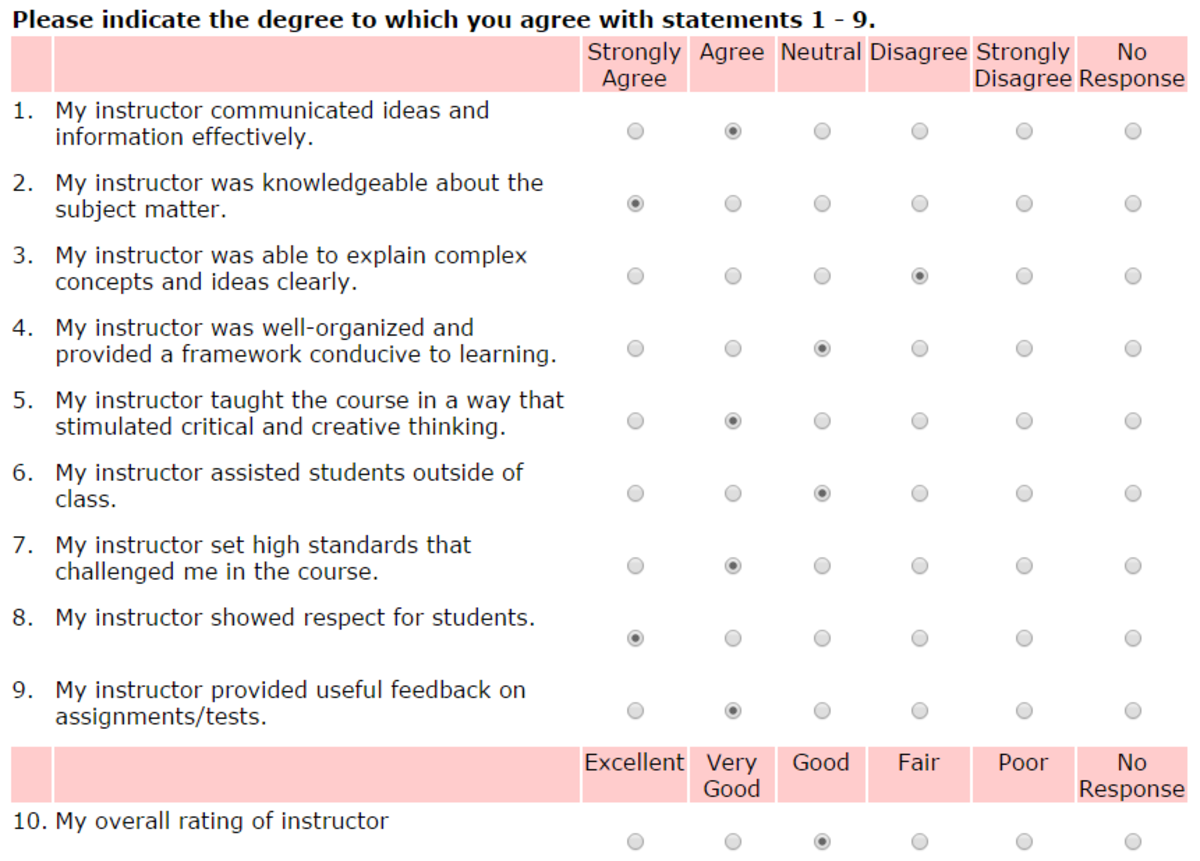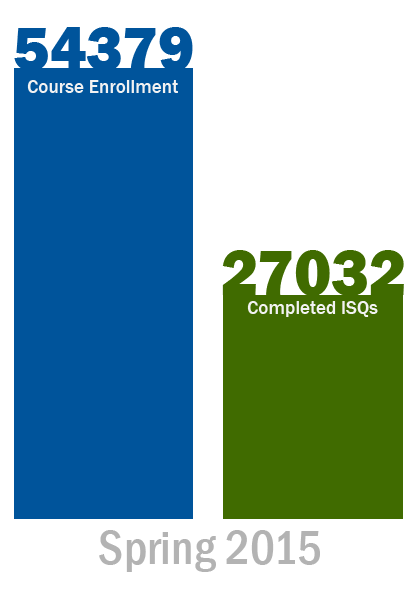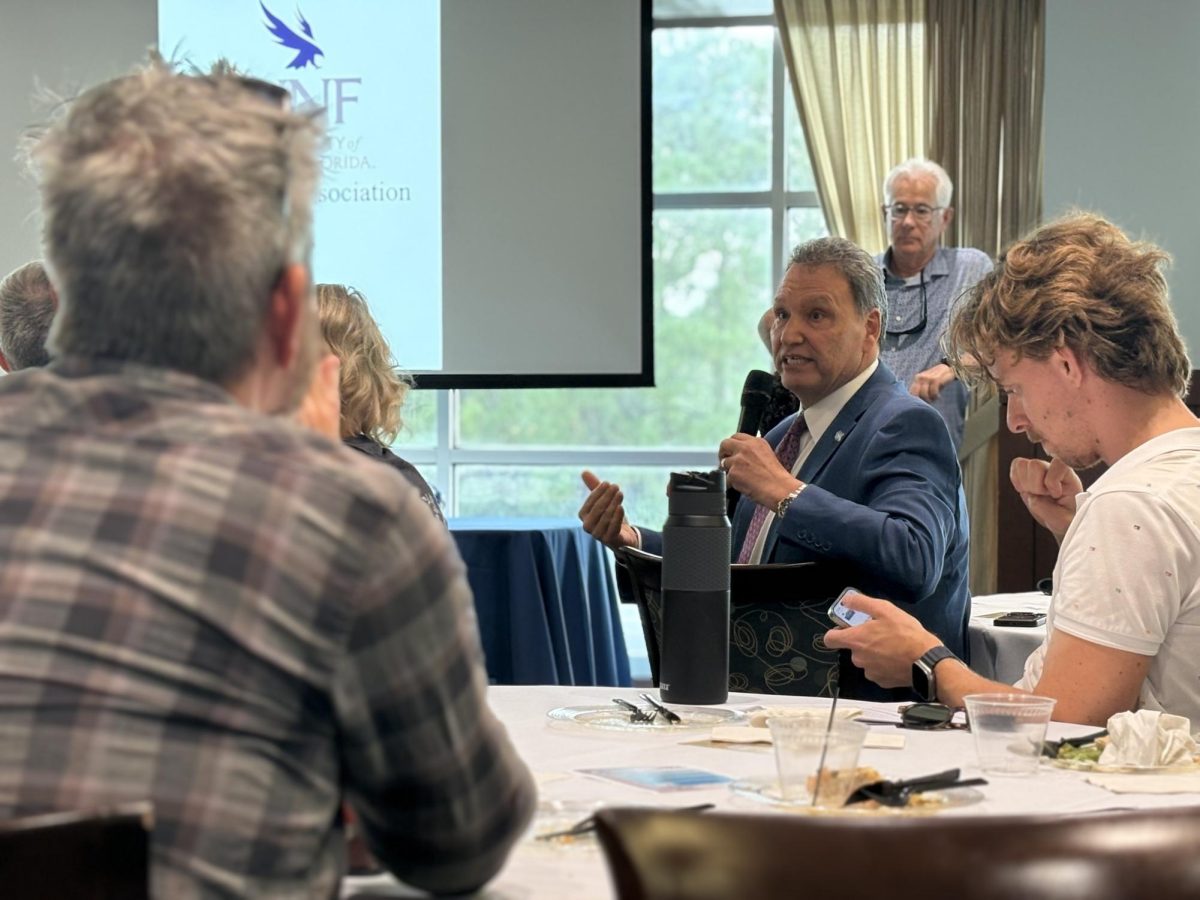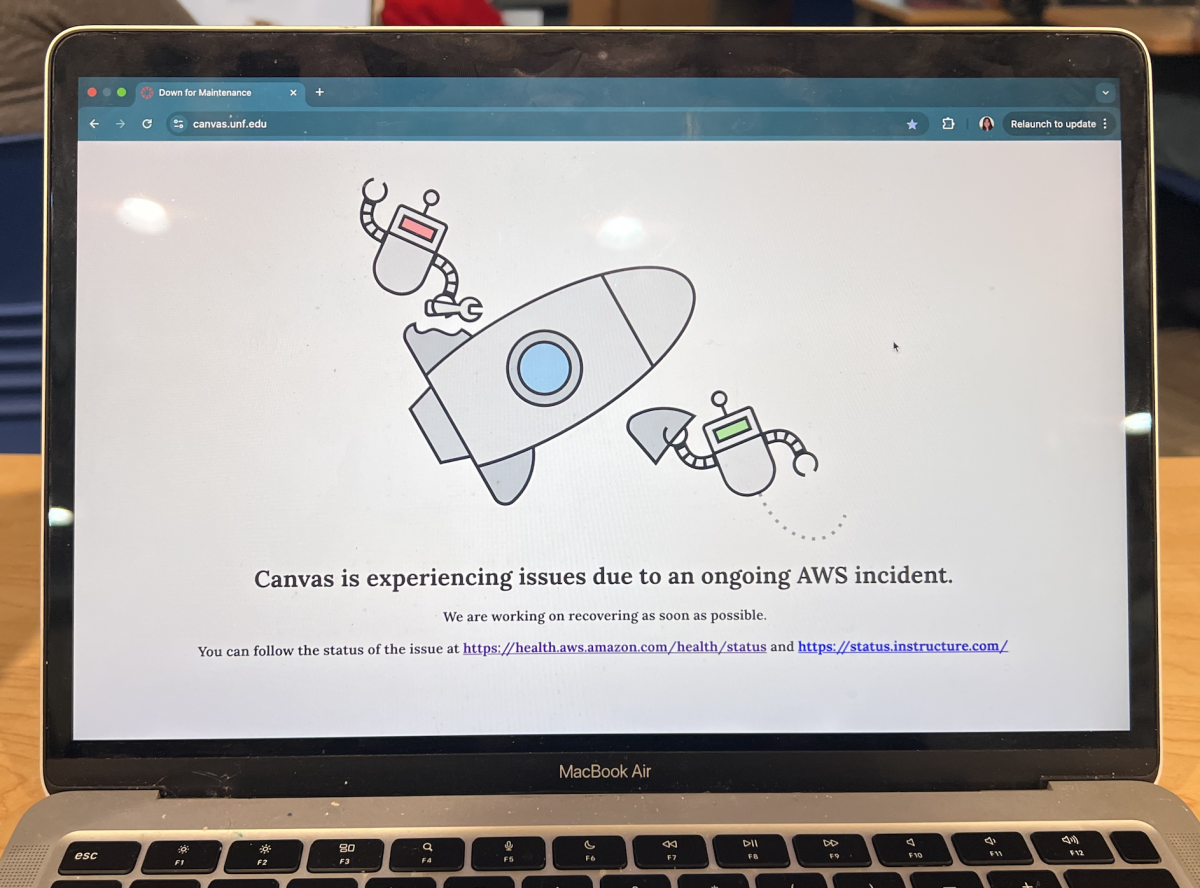ISQs are opportunities for students to give feedback on their specific classes and professors after the semester is over. They are available on myWings for the three weeks prior to finals week.

Marianna Jaffee, Executive Assistant to the Provost and Director of Planning, said that ISQs this year only ask 10 questions of students, with two opportunities to comment.
“It’s really a difficult time for students,” Jaffee said. “They’re finishing up their terms. They’re finishing up coursework and papers. So their time is very limited, and we understand that. So if they have five classes, they’re faced with doing five evaluations.”
This year’s ISQs were cut down to ask the most essential questions for faculty and to be a bit easier for students.
Additionally, students may also notice changes in the number of email reminders they receive. Students who hadn’t filled out their ISQs in previous semesters received an email on the first day, the seventh day, and every day in the last week ISQs were available, for a total of nine emails. Now, students receive no more than two emails in the first week, two emails in the second week, and three emails in the final week.
Jaffee said that while they can’t just stop sending reminders, the new method helps to spread them out across those three weeks.

“Unfortunately those reminders are very important because we do see a real spike in response rate right after the reminder goes out,” Jaffee said.
In Fall 2014, there was a 53 percent response rate from students. In Spring 2015, there was a 50 percent response rate.
Tyler Kelsey, public health senior, said that he fills out his ISQs to help students who want to take classes in the future, as well as the professors.
“I find that I’m usually more involved in the ISQ whenever I’m trying to give a negative response on a professor to help others.”
Kelsey also said that when a professor is above average or excellent, he tries to give them good ratings.
“That ISQ is directly related to possibly how that professor thinks about themselves,” Kelsey said.
Jaffee said that while administrators can use ISQs in a limited way, they’re really a “non-threatening” way for students to provide feedback and for faculty to receive it.
“I think that mainly the faculty are the ones who learn from ISQs,” Jaffee said. “I’m not a faculty member, but I do think that ISQs do provide some kind of baseline, some kind of average. But most importantly I think that having this kind of evaluation system in place ensures that students will have the opportunity to provide feedback for a course.”
ISQs will be available until finals week.
—
For more information or news tips, or if you see an error in this story or have any compliments or concerns, contact assistantnews@unfspinnaker.com.











